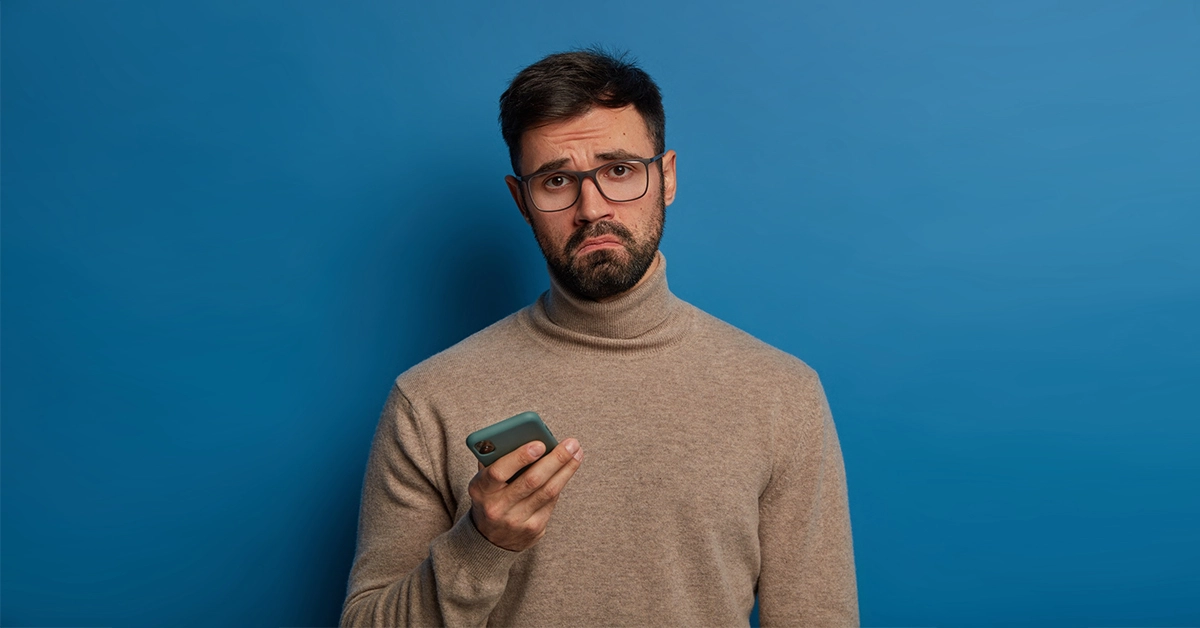Ways social media is affecting our mental health has become a growing concern in recent years. With the rise of technology and the internet, social media has become an integral part of our daily lives. From scrolling through our feeds to checking notifications, we spend hours on these platforms. But as much as social media has its benefits, it has also had a profound impact on our mental health. The constant comparison, negativity, and pressure to present a perfect life can take a toll on our well-being. In this blog, we will explore the different ways social media is affecting our mental health and what we can do to counteract its negative effects.
Social media and mental health? You must be surprised reading the title. But, If you are hooked on scrolling Facebook and Instagram walls then you are more likely to be affected by mental health problems.
Are social media and mental health problems related?
Almost all the types of social media like Facebook, Instagram, and Twitter are affecting our mental health negatively. Studies have shown that there is a relationship between social media and mental health problems. The excessive use of social media has been linked to a range of mental health issues such as anxiety, depression, low self-esteem, sleep disturbances, and addiction. Social media can also cause feelings of insecurity and inadequacy due to the constant comparison to others and the pressure to present a perfect image online. In some cases, it can even worsen existing mental health problems.
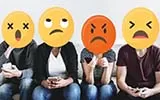
However, it is important to note that social media use can also have positive effects on mental health, such as providing support and a sense of community. The relationship between social media and mental health is complex and depends on various factors, including the individual, their social media habits, and the content they are exposed to.
There hasn’t been any formal research conducted to assess the consequences of social networking sites in a long run, whether they are favorable or detrimental, especially in relation to mental health.
However, many studies have found that excessive time spent on social media leads to an increased risk of mental health issues like anxiety and depression.
Why is linking social media and mental health important?
Ways social media is affecting our mental health, including rising levels of anxiety, depression, and social isolation, is a topic that is increasingly being discussed as social media usage continues to grow steadily.
Despite being linked to mental illness, there are no signs that social media usage will decrease in the future. In fact, more than half of humans (58.4%) are now users of social media, with an additional 424 million people signing up just last year. On average, a person spends 2 hours and 27 minutes on social media every day.
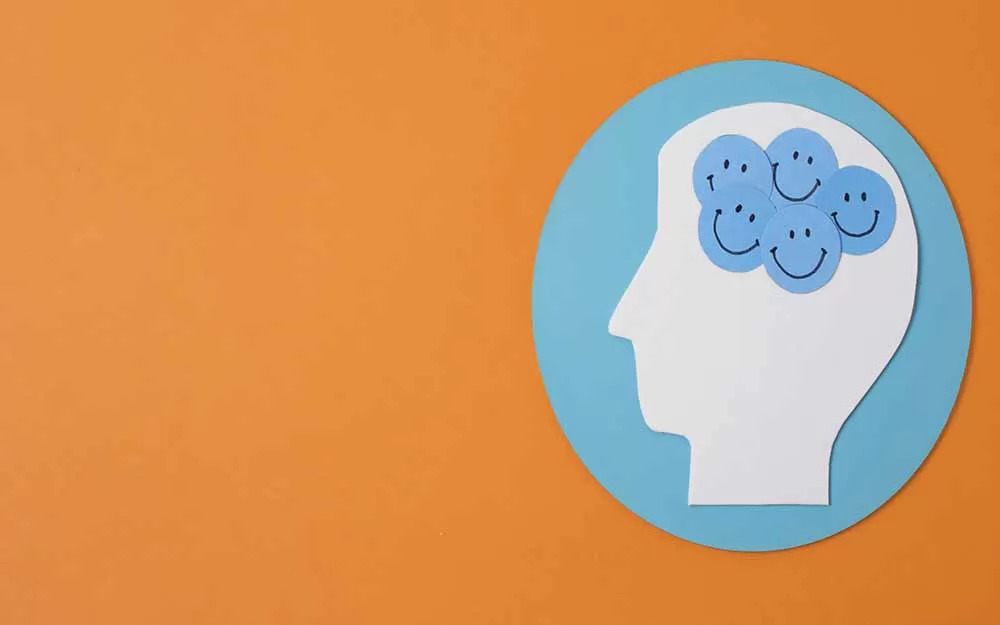
These data clearly show the immense influence that social media has had on the world. Given the widespread use of social media, discussing its impact, including ways social media is affecting our mental health, is important and necessary to better understand its pros and cons and whether it is helping or hurting our society. Like anything in the world, social media has both positive and negative aspects, and it is important to be aware of both.
The Good Side of Social Media
Social media has reduced the size of the world enabling people to have quick communications. It is also hastening the spread of news, and aiding in establishing common ground. Making friends is just a click away, and helping people connect with their like-minded and keeping society engaged in different forums and groups. A big thanks to social media.
The Bad Side of Social Media
Despite the contribution of social media to society in so many ways, this blog focuses on the negative side of using it and the ways social media is affecting our mental health when it is overused.
Most people feel delighted when they see a red notification signal, but these notifications are designed so systematically and scientifically that when you use any social media, it activates the brain’s reward center by releasing dopamine, a chemical that makes you feel good and is released naturally with pleasurable activities like sex and eating. The frameworks of social media are intended to be addicting and have a connection to psychological issues like anxiety, making it important to consider the ways social media is affecting our mental health.
Ways Social Media is Affecting Our Mental Health
It is addictive
One of the ways social media is affecting our mental health is its addictiveness. Just like drugs misuses dopamine production in our body to make us feel good, social media are crafted the same way. And just like people are hooked on drugs, spending time on the platforms becomes regular and addictive.
Though things like social media addiction aren’t real as per some experts, an increase in the average time of people using such platforms supports the addictiveness.
This addictiveness relates to anxiety and other mental health disorders in a long run.
Displacing gratifying pursuits
You may have less time for the things that actually matter, and that helps in elevating your mental health. Natural mood boosters like connecting with other people in person and spending time in nature will be missed. So, you will have no time for those things.
Social media may replace enjoyable activities by taking up time, destroying face-to-face relationships, instilling emotions of pressure and inadequacy, and damaging self-esteem. As a result, one may spend less time engaging in things that are pleasurable and satisfying and may find it harder to find joy in everyday encounters.
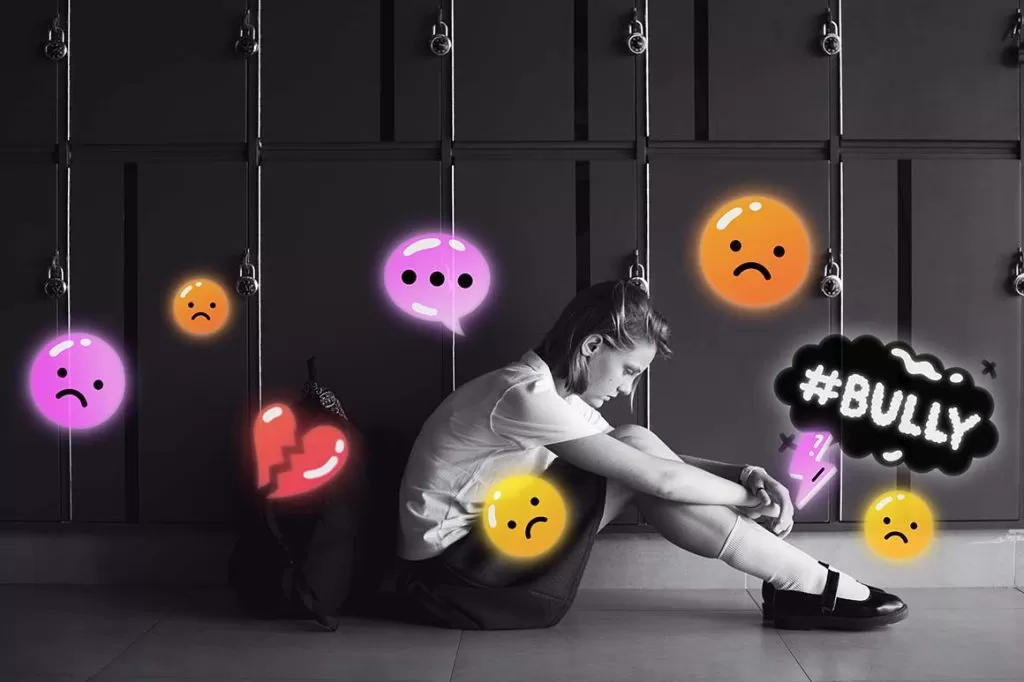
A lack of possibilities for social and emotional connection can be brought on by people prioritizing meaningful online interactions over in-person connections because of the false sense of connection that social media can provide. In summary, social media may replace enjoyable activities by consuming important time, diminishing face-to-face interactions, and evoking unfavorable feelings.
Disrupting your sleep
Fear of losing out (FOMO) is one factor that may motivate excessive use of social media platforms. If you think you could miss something crucial if you log off, it might be difficult, thus having a tendency to late bedtime, less sleep, and even worse sleep.
Through blue light exposure, mental stimulation, heightened worry and tension, and an erroneous sense of urgency to stay connected, social media can disturb sleep. Electronic device blue light inhibits melatonin synthesis, making it challenging to get to sleep and remain asleep. Engaging in online discussions and social media scrolling can stimulate the mind, making it difficult to unwind and fall asleep. Social media can also exacerbate tension and anxiety, which makes it harder to sleep. In conclusion, the negative impacts of social media on sleep are caused by blue light exposure, mental stimulation, and an increase in stress and anxiety.
We all know the effects of sleep deprivation on mental health and physical health too.
Cyberbullying
Even though social media offers possibilities to connect with like-minded individuals and establish beneficial interactions, problems are trolling, and cyberbullying are being widespread which are major contributing factors to depressive and anxious moods. These issues are more common among teenagers.
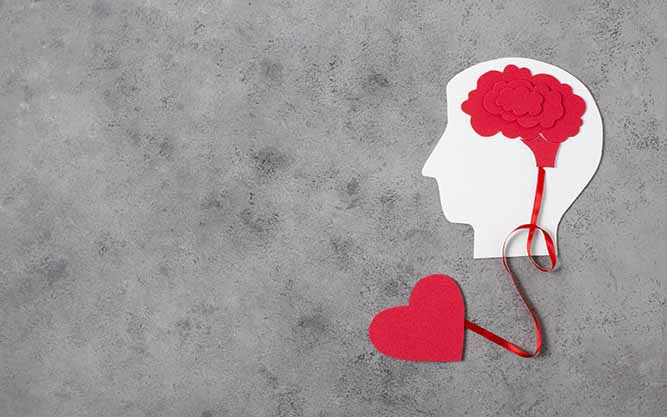
Being a platform for antisocial conduct
The improper usage of social media can turn out to be dangerous to our mental health. People frequently tend to compare their lives to others, which has a negative effect on their wellness. People on social media only display the good and fun parts of their life. When we spend our time observing biased or deceptive content, it encourages the feeling of inferiority which consequently harm our mental health.
Harmful to those battling mental health issues
For those who are already battling mental health issues then there is a high chance your condition worsens further. The more you use these social platforms, the more likely you are to compare with others, and the more you feel bad about yourselves. Even a slightly negative response from your peers may worsen your mood.
Use the social media | Don’t Let it use you
Since we talked about the negative consequences of social media platforms, it is not necessarily only harmful. Basically, it depends on the user whether the effects be positive or negative. The apps are invented and designed to keep people giving more time to it. The more time you give to it, the more benefits are for the inventor. Keeping this in mind, it’s better you use the media, and not let the media use you.
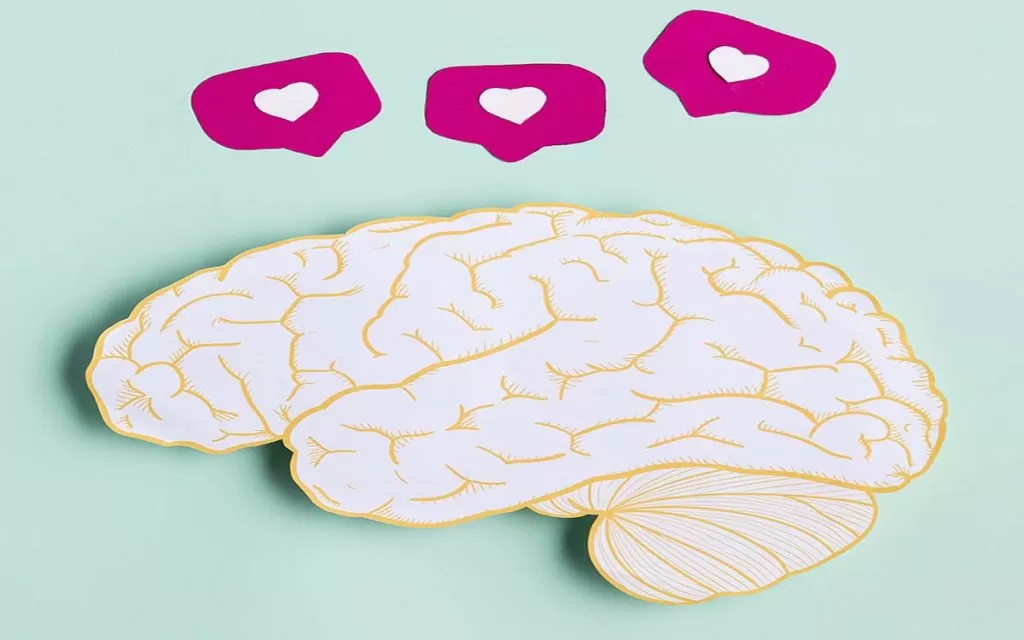
It’s crucial to acknowledge the ways social media is affecting our mental health, especially considering the fact that the platform is designed to keep us engaged and glued to our screens. To ensure we are not consumed by social media, it’s important to use it mindfully, setting boundaries for our time and energy, and avoiding letting it control our thoughts and emotions. By being in control of our social media use, we can avoid the potential negative effects and reap the benefits while being mindful of the ways social media is affecting our mental health.
For more content like this, visit our blogs section.

